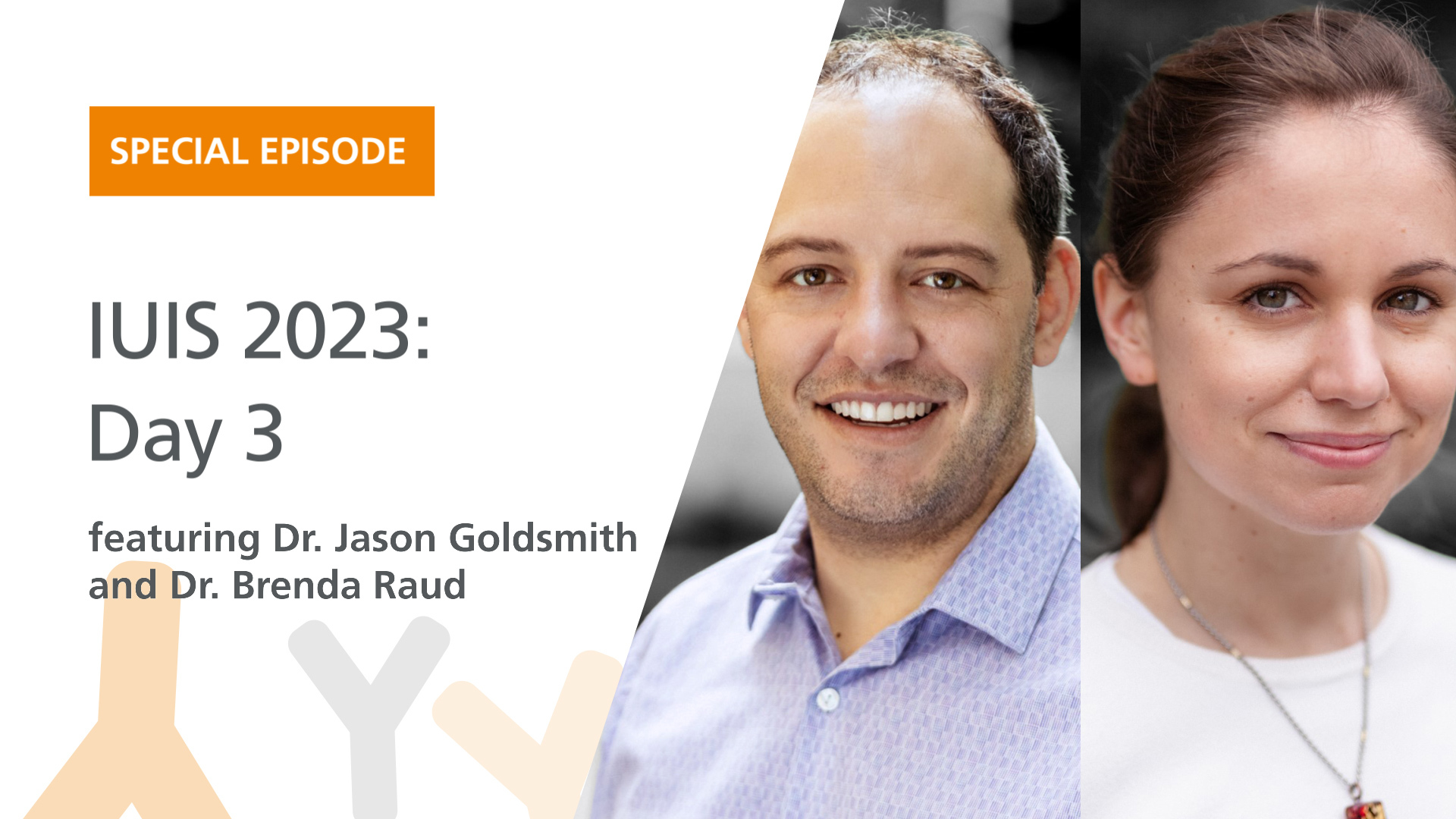
In 2023, we attended the 18th International Congress of Immunology, hosted by the International Union of Immunological Societies, in Cape Town, South Africa, and recorded daily episodes discussing highlights of the conference. Here is the third of five special episodes from the meeting, in which Brenda and Jason discuss research on T cell exhaustion in chronic infections and sex differences in immune responses.



 -XF.
-XF.